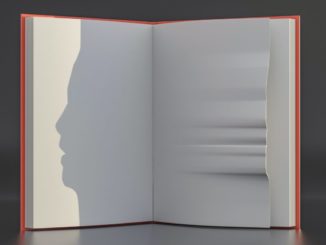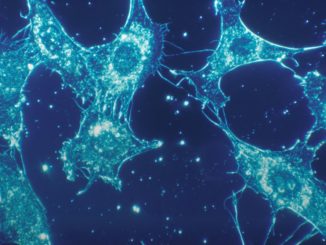At present the application of PCT to Religion is also at its early stages. One exception is Lynndal Daniels’ blog on PCT and Buddhism, which links the Method of Levels, a psychotherapy that is a direct application of Perceptual Control Theory, with the reduction of suffering, a basic Buddhist concept. Another is Richard Pfau’s paper on “Perceptual Control Theory’s Congruence with Religion”, available online at ResearchGate. That paper shows how Perceptual Control Theory can be used to explain why so many religious values and related teachings are so wise, given how our nervous systems function, the neural basis for religious concepts and practices such as sin, prayer, and other rituals, and how our nervous systems function to produce both religious and non-religious behavior.
Related Articles

Sociology & Philosophy
Politics and Philosophy – a PCT introduction
PCT takes a strongly scientific approach to human nature. It proposes that people and other living systems are purposeful – and that the systems that are responsible for purposeful action are explainable in mechanistic terms. […]

Education
Education
Education is about more than teaching. Within education we need to know how to motivate students, how can we maximise the degree to which people learn, and often, how do we manage students or pupils when they don’t want to learn, or they disrupt others? […]

Biology & Neuroscience
Biology and Neuroscience
Bill Powers developed PCT with biology in mind. We can split the relevance of PCT into two parts – function and structure. […]
